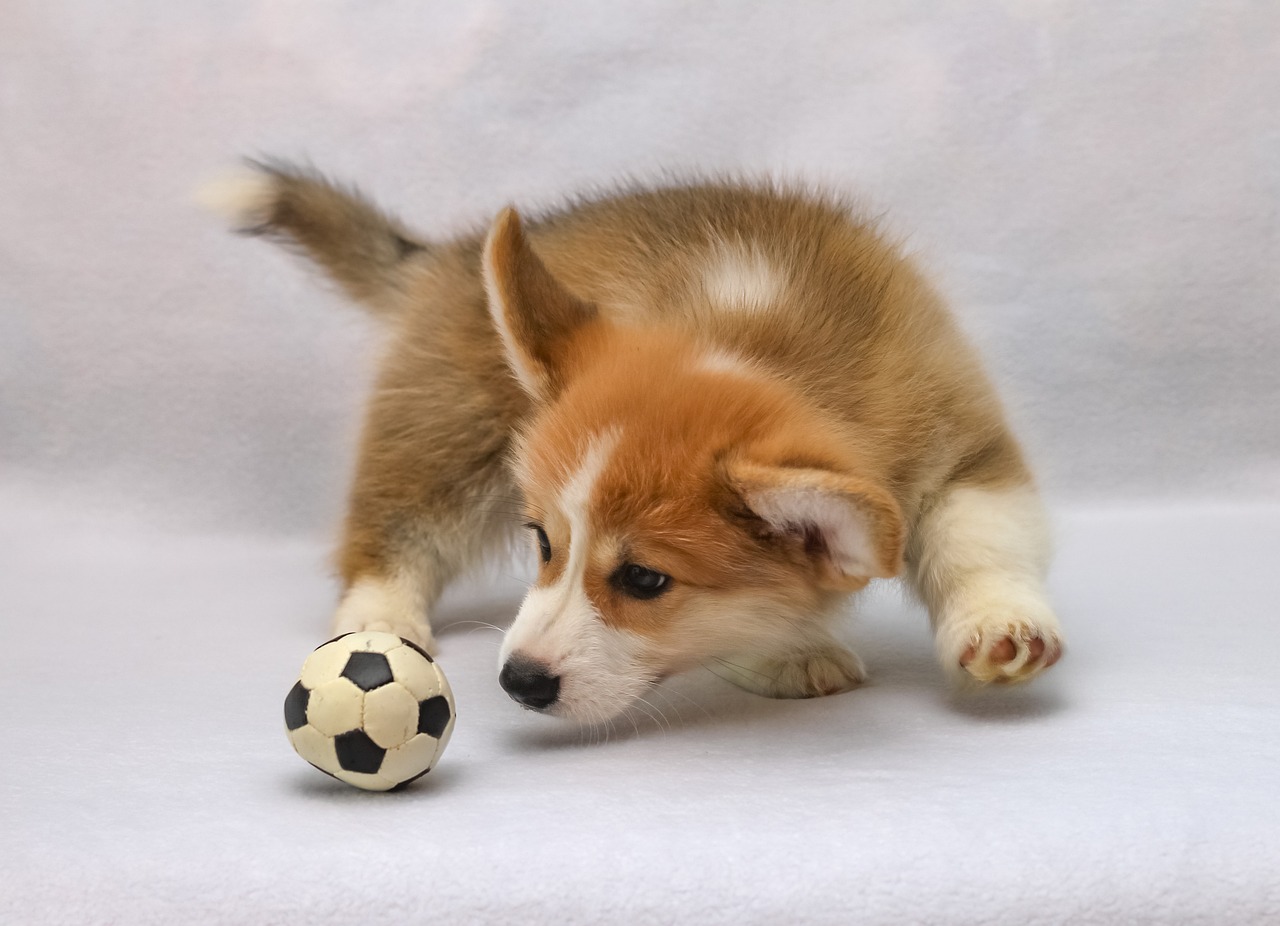It’s the holidays! If you consider your dog a part of the family (and who doesn’t?) you are probably planning on having a few treat under the tree for your furry best friend. Every dog, with its unique breed traits, size, and personality, requires specific types of toys that cater to their needs. If your pup doesn’t seem interested in your house’s current selection of dog toys, read on to learn what might pique their interest.
Understanding Your Dog’s Toy Preferences
When selecting toys for your dog, there are a few things to keep in mind. The characteristics of your dog’s breed certainly play a significant role. For instance, retrievers often enjoy fetch toys due to their natural inclination to retrieve, while herding breeds might prefer moveable, chaseable toys. Your dog’s energy level will also determine which toys keep their attention. High-energy dogs may need more stimulating and durable toys to keep them engaged, whereas calmer dogs might prefer softer, cuddlier options. Lastly, consider their chewing habits. Aggressive chewers require tough, durable toys that can withstand intense gnawing, while gentler chewers might enjoy plush toys or softer rubber options.
What Type of Dog Do You Have?
- The Energetic Dog: Loves movement-oriented toys like balls and frisbees.
- The Heavy Chewer: Prefers durable rubber or nylon toys that can withstand vigorous chewing.
- The Inquisitive Dog: Enjoys puzzle toys that stimulate their mind.
- The Hunting Dog: Often engages with toys that mimic prey, like squeaky toys or moving objects.
- The Lazy Dog: Prefers soft, plush toys for cuddling and gentle play.
Best Dog Toys for Small Breeds
For small-breed dogs, selecting the right toy size is just as much about safety as fun. Small breeds can easily be overwhelmed or injured by toys that are too large or heavy, so they require toys that are easy to carry, chew, and interact with. Lightweight, small-sized toys prevent strain on their jaws and teeth, and soft plush toys can be comforting for them. Choosing size-appropriate toys ensures your petite canine companion can play safely without worry.
Smaller dog breeds tend to enjoy:
- Mini squeaky toys, perfect for tiny jaws.
- Soft, plush animals for gentle play.
- Lightweight rubber chew toys for dental health.
- Small-sized puzzle toys for mental stimulation.
- Mini tennis balls for fetch games.
Ideal Dog Toys for Large and Giant Breeds
Large and giant breed dogs require toys that can stand up to their size and strength. These breeds often display intense play behavior and strong chewing tendencies, making durability a top priority. Durable rubber toys, large ropes, and solid and heavy-duty toys are ideal for these breeds, providing the necessary resilience against powerful jaws. Larger dog breeds tend to enjoy:
- Strong rubber toys for aggressive chewing.
- Large tug-of-war ropes for interactive play.
- Durable, oversized plush toys for comfort.
- Tough, large balls for fetch and exercise.
- Heavy-duty puzzle toys for mental engagement.
Always choose toys made from non-toxic materials to prevent health risks if ingested. The right size toy is also necessary to avoid choking hazards. Before each play session, inspect toys for signs of wear and tear, such as fraying, which could be harmful if swallowed. When introducing new toys, keep a close eye on your dog during initial play sessions to understand how they interact with them. To prevent the build-up of bacteria and to maintain hygiene, wash your dog’s toy regularly, either by hand or in your washing machine, if allowed by the recommendations of the toy manufacturer.
Toys tailored to your dog’s needs can help during at-home training sessions, enhancing your dog’s focus and motivation. They can serve as valuable tools for positive reinforcement, helping to build good behavior patterns and a deeper bond between you and your furry friend.
Call Gulf Coast K9 Dog Training of Bradenton today to plan a new dog training regimen for the new year.





